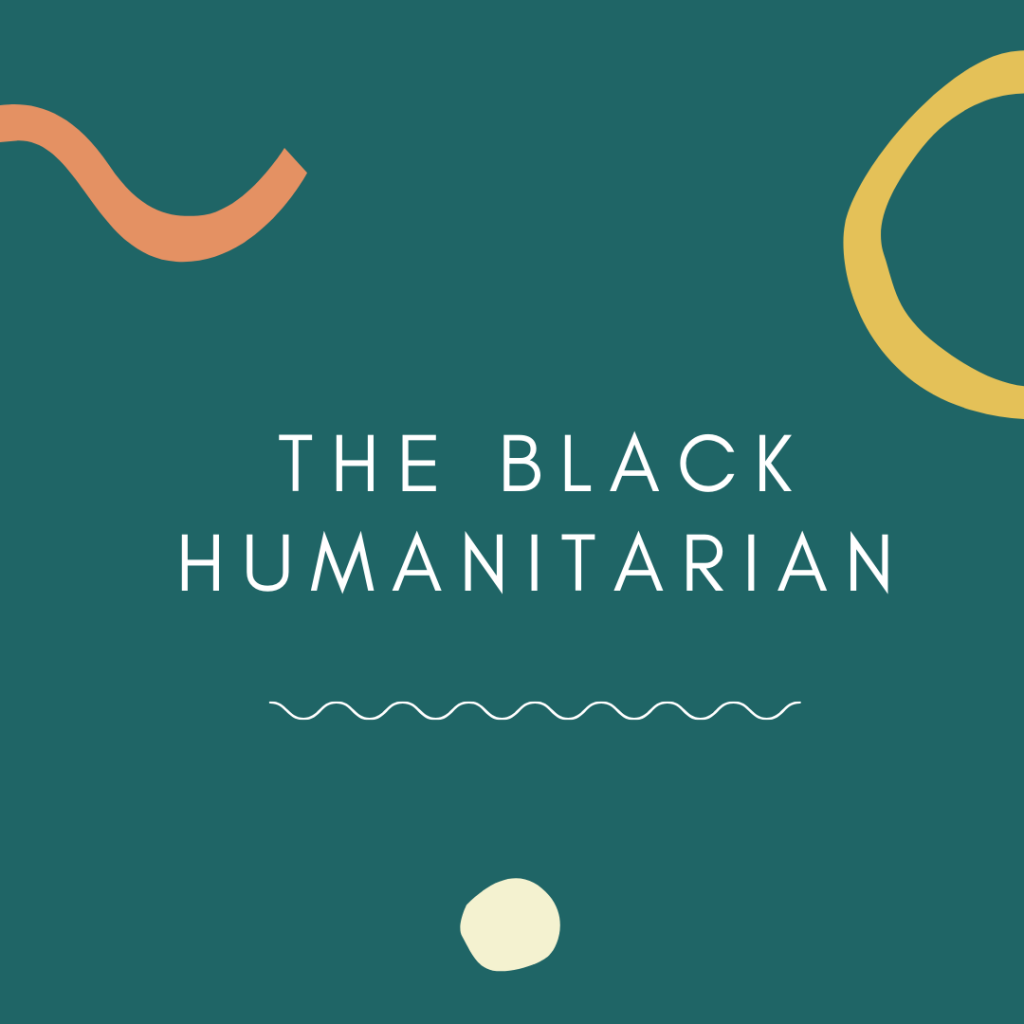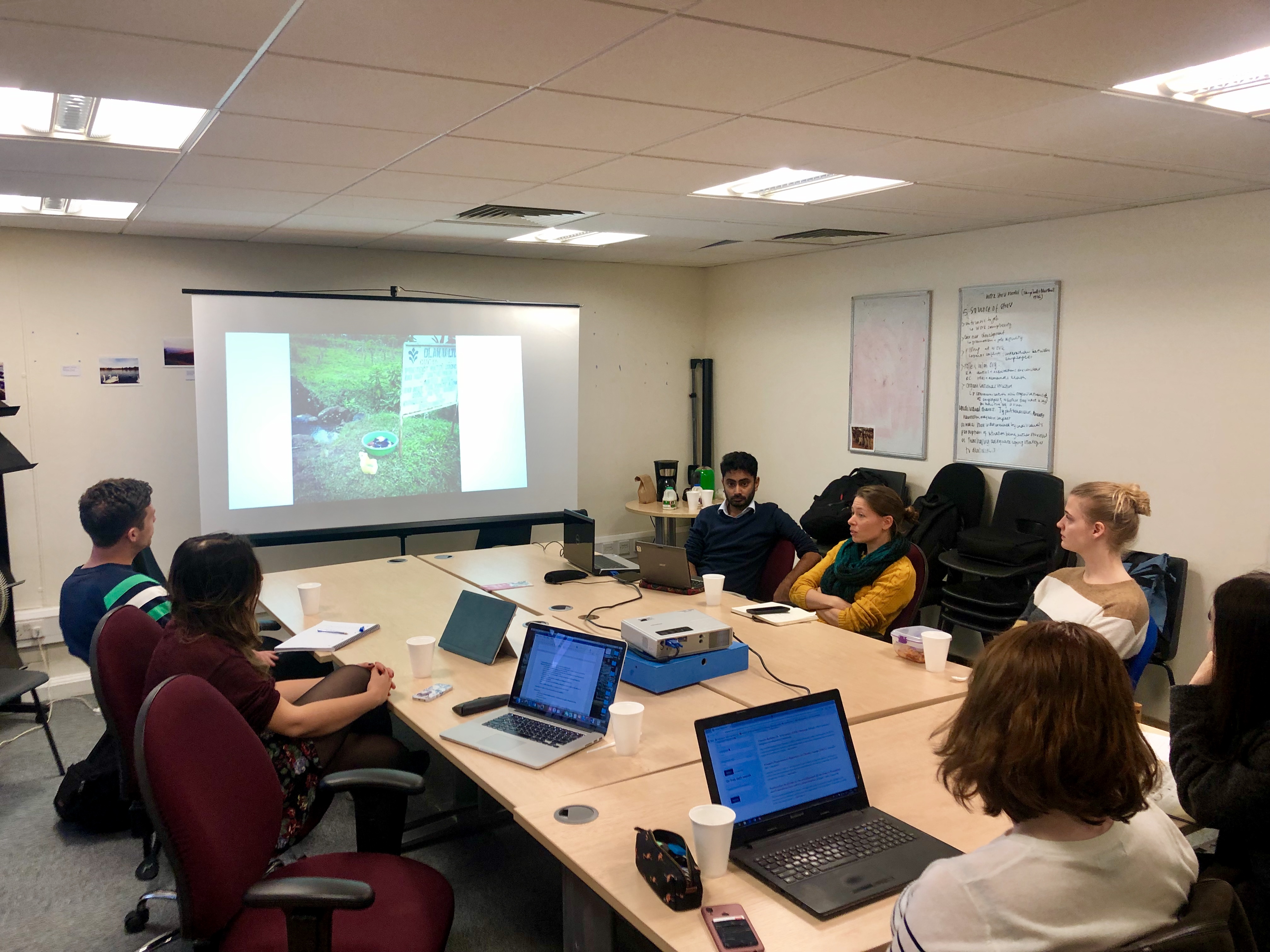Working as a Black professional within international development, Susan Sebatindira felt frustrated by the level of underrepresentation of Black people and People of Colour across the sector. She felt passionately about the importance in having a community that they could connect with, and showcase the work and realities of what it means to be Black development practitioner. Susan tells us about her experiences and what inspired her to create a platform to bring together the underrepresented voices of the development sector.
Having worked across three continents in my career in international development, I have come across talented, engaged and inspiring Black development practitioners working in the sector. Yet when someone says, “humanitarian/aid worker”, it is not necessarily a Black person or a Person of Colour that comes to mind.
Working in international development, you quickly find out the relevance and importance of having a mentor who can help you navigate and grow within the sector. Whilst I have learned from many of my experienced colleagues along the way, I struggled to find a Black mentor that was relevant within my field of practice, who could provide tailored advice and support. I knew I could not be alone in this and set about finding a way to connect people like myself, young professionals, with seasoned experts whom they can identify with.
I created The Black Humanitarian, a platform that amplifies the voices and experiences of Black professionals working within international development. Its aim is twofold: on the one hand, it aims to inspire those seeking to enter the sector through showing role models. On the other, it connects Black development practitioners and encourages dialogue.
Each week, the platform features a new practitioner offering insights and advice on their specific role and the work that they do. Past features have included the Head of Government Relations of the Rwanda office of One Acre Fund, the Deputy Country Director of the World Food Programme Country Office in Bangladesh and a Gender specialist with 15+ years of experience having worked with the International Finance Corporation and the African Development Bank.
It also highlights the diverse range of experiences and paths into the development sector, ranging from working as a software developer or working within sustainability in facilities management. There may be people out there wanting to enter the sector but may feel insecure if they do not have a typical programmatic profile. From what I have seen in my time at WFP, an ICT background is just as useful as a Programme Officer with a research background. I would like young people to learn and understand that there is not one single way, but many that can lead into the sector.
One insight from interviewing Black development professionals is the uniqueness of the experience of being Black in the sector. The George Floyd demonstrations and resulting conversations worldwide highlighted the pervasiveness of structural anti-Black racism and discrimination. The UN Secretary General António Guterres has publicly recognized that work needs to be done to address racism and discrimination within the UN. Showcasing Black excellence is one way to change the prejudiced narrative surrounding Black people, including within the international development sector. We can change the narrative, both through protesting injustice and through showcasing success.
Even when working in cultures outside of your own, as I have during my time in Thailand, it can be disheartening when faced with the obstacle of not being perceived as a typical development worker – whom are typically seen as white and Western. The narrative of what it means to look like, and contribute, to working in international development needs to be inclusive and representative. The reality is a large number of frontline workers working in local NGOs are typically citizens of the countries they are operating in, which in most cases, are Black people and POCs.
Ultimately, I believe, when all voices are heard, it creates the space to develop and produce equitable and inclusive development outcomes. Diversity in thought and experience, as well as representation from people who identify with emerging economies and the global South is the best way to ensure lasting impact.
As one of the Black development practitioners I featured mentioned, “We need to tell our own stories.” We cannot rely on others to do so for us. This is what I intend to do with The Black Humanitarian – tell our stories.
—
The Black Humanitarian has an Instagram page here that you can follow: https://www.instagram.com/theblackhumanitarian/.
In addition, if you are a Black development professional, there is a LinkedIn page you can join to connect with those featured on the Instagram page, other Black professionals and seek out potential mentors: https://www.linkedin.com/groups/8951483/.
The views expressed in this post are those of the author and in no way reflect those of the International Development LSE blog or the London School of Economics and Political Science.






